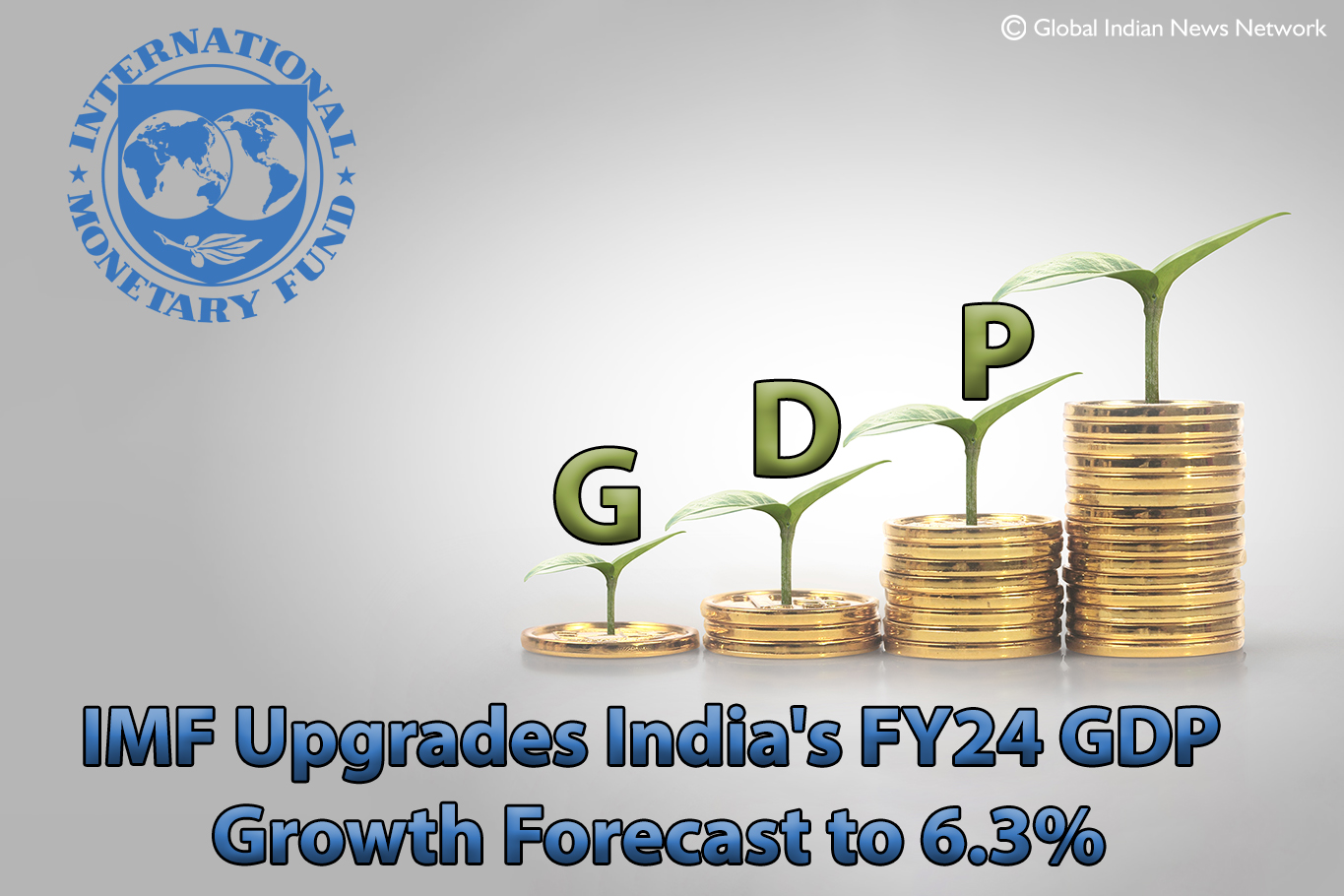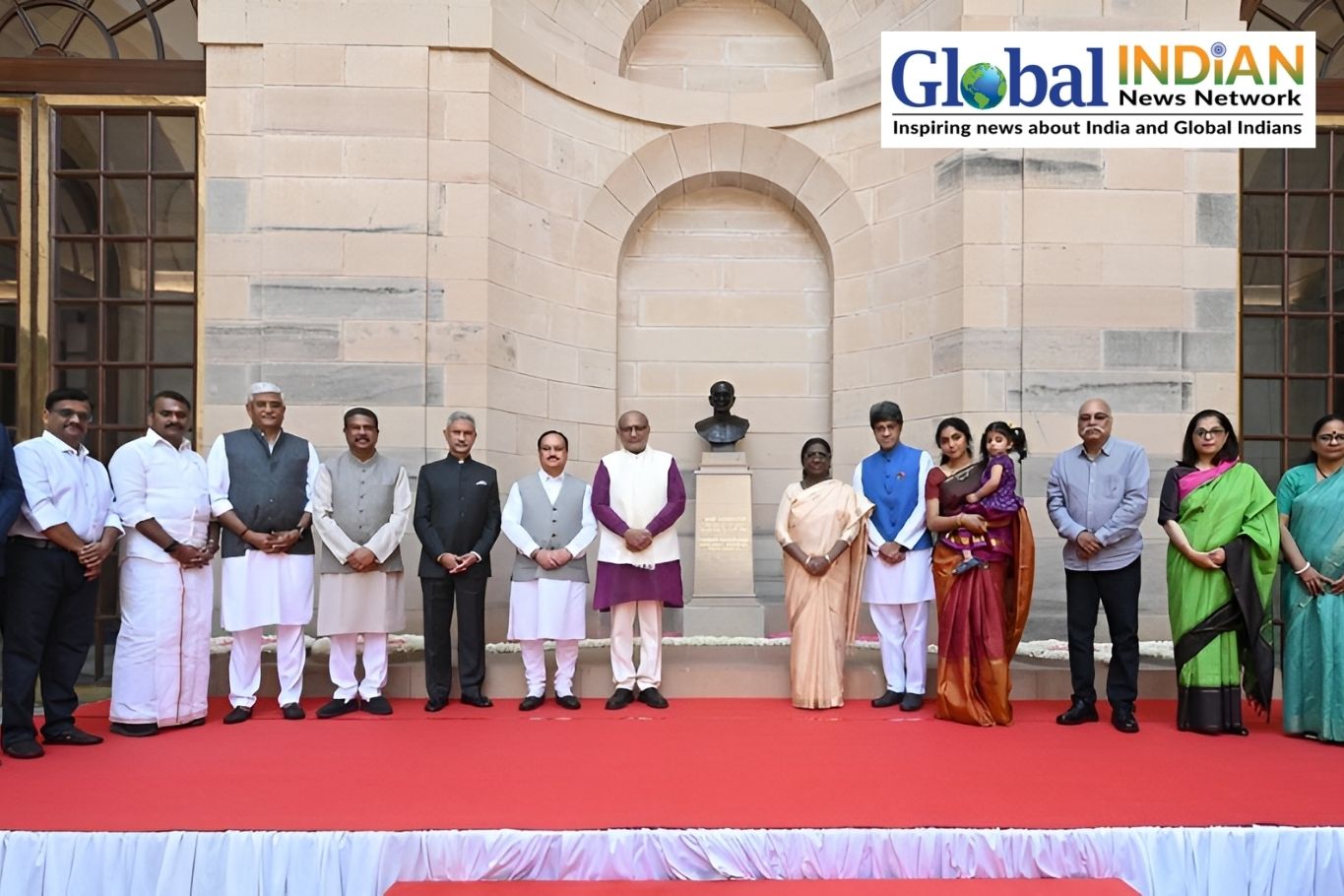 The International Monetary Fund (IMF) has revised India’s economic growth forecast for the current fiscal year upwards to 6.3 percent from the previous estimate of 6.1 percent. This update was revealed in the IMF’s World Economic Outlook (WEO) report for October 2023, released on October 10.
The International Monetary Fund (IMF) has revised India’s economic growth forecast for the current fiscal year upwards to 6.3 percent from the previous estimate of 6.1 percent. This update was revealed in the IMF’s World Economic Outlook (WEO) report for October 2023, released on October 10.
The IMF anticipates that retail inflation in India will rise to 5.5 percent in fiscal year 2023-24, before gradually easing to 4.6 percent in 2024-25. According to the IMF, the increased growth projection for India is attributed to stronger-than-expected consumption during the April-June period.
In contrast, the Reserve Bank of India (RBI) had projected consumer price index (CPI)-based inflation at 5.4 percent for the current fiscal year, with gross domestic product (GDP) growth estimated at 6.5 percent.
RBI Governor Shaktikanta Das noted that the Indian economy displayed resilience due to robust domestic demand, a deviation from global economic trends.
The IMF’s updated growth projection comes following official data released in August, which indicated that the Indian economy expanded by 7.8 percent in April-June, slightly exceeding market expectations. During this period, private consumption grew by 6.0 percent compared to 2.8 percent in January-March.
The IMF’s monetary policy projections align with the Indian central bank’s inflation targets over the medium term. The country’s current account deficit is expected to remain at 1.8 percent of GDP in fiscal years 2024 and 2025.
In the broader global context, the IMF lowered its growth forecasts for China and the euro area. It noted that despite the robust performance of the U.S. economy, overall global growth remained uneven and low. The IMF maintained a global real GDP growth projection of 3 percent for 2023 but reduced its 2024 forecast to 2.9 percent from the previous estimate of 3 percent.










